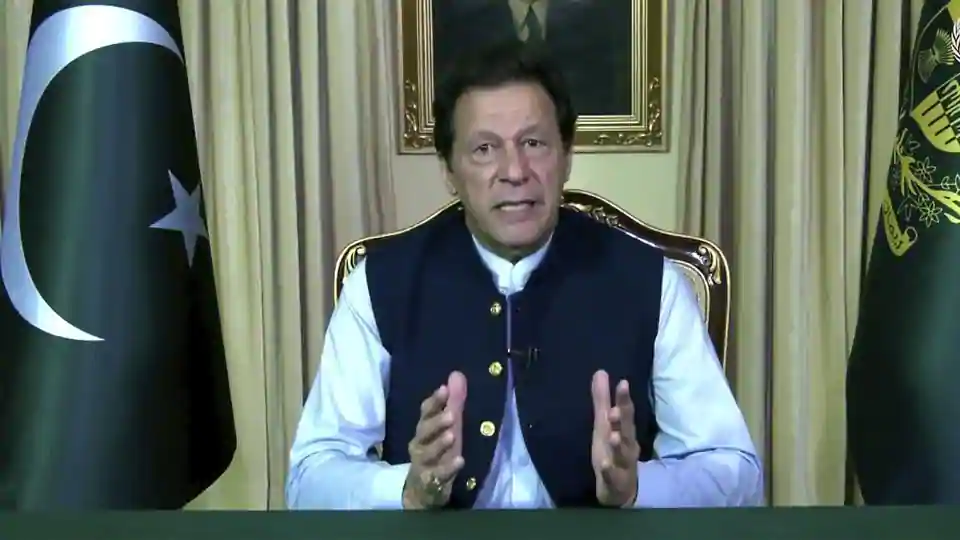
SOURCE: AP
Gunmen riding on a motorcycle shot and killed a religious scholar who belongs to a little-known branch of Islam in Pakistan’s bustling city of Karachi, police said on Sunday.
The killing of Maulana Adil Khan was immediately condemned and seen as an attempt to trigger sectarian violence between Sunnis and Shiites in the country. Prime Minister Imran Khan termed it “an attempt by India to create sectarian conflict across the country,” though no immediate evidence was given that India was behind the attack.
Khan is the son of late prominent scholar Maulana Saleemullah Khan, who founded the grand seminary, Jamia Farooqia, decades ago. The seminary adheres to the Sunni Muslim teachings of the Deobandi sect, whose scholars have been the target of killings in the past.
Khan held a doctorate in religious studies, received training in his father’s seminary and had taught in Malaysia.
Police chief Ghulam Nabi Memon said the cleric and his driver were both killed in the attack Saturday evening, which took place in the middle class neighborhood of Shah Faisal Colony.
Police said that when the cleric’s vehicle stopped in front of a busy shopping area, gunmen opened fire targeting the driver before firing three bullets that struck Khan’s head, neck and chest. The three attackers then fled on the back of a shared motorcycle.
Khan was rushed to a private hospital where he was pronounced dead upon arrival, said the hospital’s spokesperson Anjum Rizvi. Police said the driver died before reaching a government hospital.
Pakistan has a history of sectarian enmity between Sunni and Shiite extremists. Attacks by both sides have claimed hundreds of lives, including those of religious scholars.
Counter-terrorism police officer Raja Umar Khitab said the attack appeared to be a “conspiracy to trigger sectarian violence.”






